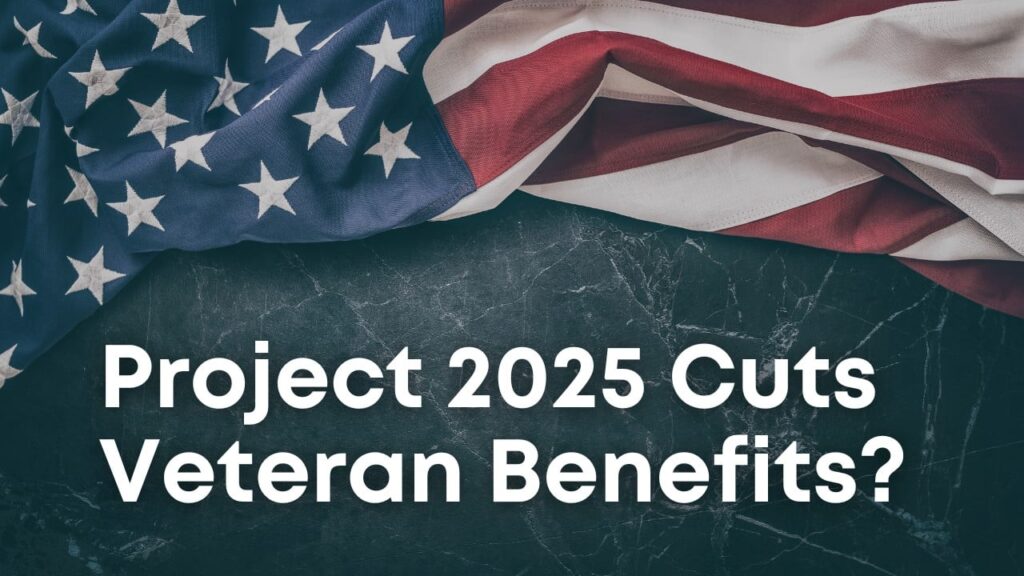How to Handle Canceled VA Appointments and Focus on Winning Your VA Claim

One of the common frustrations many veterans face is the repeated cancellation of appointments by the VA. It can be incredibly frustrating, and it often seems like the blame gets unfairly shifted onto the veteran. After all, it wouldn’t look good for a VA doctor to admit fault, right?
It’s important to recognize what’s happening and determine which battles are worth fighting. Canceled appointments can impact your ability to gather essential medical evidence, especially if you’re engaged in the VA claims process. Medical evidence is critical in winning disability claims, and each canceled appointment is a missed opportunity to further your case.
There are two main scenarios here:
- Engaging in the VA Claims Process
If canceled appointments are interfering with collecting medical evidence necessary for a claim, this is an issue that must be addressed quickly. Without this evidence, your VA disability claim could be delayed or weakened. In this case, consider your options to reschedule or document these missed appointments to avoid damaging your claim. - Frustration with VA Services
If the cancellations don’t directly affect a claim, but are simply a recurring frustration, such as late medications or ongoing scheduling issues, it’s still an issue worth acknowledging. However, this scenario doesn’t necessarily impact your VA benefits.
It’s essential to choose which battles are worth your time and energy. When dealing with the VA, it’s always going to feel like a challenge. But you need to determine how much effort to put into each issue and whether it will help your long-term goals.
For example, if a doctor cancels an appointment and the record states it was the veteran’s fault, it’s essential to correct this immediately. Using tools like My HealtheVet, download your records and contact the provider to clarify the situation. You can request the doctor correct the record to reflect the true cause of the cancellation. But, if it’s an old issue from years ago that won’t affect any current claims, it may not be worth revisiting.
Tackling the VA Claims Process
For veterans involved in the claims process, focusing on the Veterans Benefits Administration (VBA) and gathering medical evidence is crucial. Sometimes, pursuing changes with the Veterans Health Administration (VHA) won’t significantly impact the outcome of a claim. In such cases, it’s more productive to direct efforts toward the benefits side (VBA) rather than health administration (VHA).
For instance, if a missed appointment could affect the medical evidence needed for a claim, consider speaking to a patient advocate or requesting a different doctor. You might also explore using the Mission Act, which allows access to private doctors for VA-covered care. Urgent care visits can also provide the necessary medical documentation without going through VA hurdles.
Remember, the primary goal is to win the claim, not act as an enforcer for every VA issue. The VHA and VBA are separate entities, and while both serve veterans, it’s vital to understand which is impacting your claim and direct efforts accordingly.
Alternatives to VA Care
If dealing with VA appointments feels like running in circles, other avenues can provide the needed medical evidence. Private doctors, urgent care clinics, and alternatives provided under the Mission Act can be viable options for gathering documentation. These solutions may allow you to bypass the VA system altogether while ensuring you have the proper medical evidence to strengthen your claim.
Stay Focused on What Matters
At the end of the day, it’s all about picking and choosing battles that will help further a claim. There are many ways to research and prepare for VA claims—reading VA law, researching nexus letters, and reviewing how other veterans have won similar claims. These activities might be more productive than spending energy on old VHA errors that won’t affect the outcome of a claim.
Before contacting the VA or filing a complaint, ask whether the issue at hand will help move your claim forward. If not, it might be best to focus on more critical elements of the claims process. There’s no shortage of frustrations with the VA, but prioritizing efforts can make a huge difference in successfully navigating the system.
If more guidance is needed on the VA claims process, there are resources available to help veterans learn the ins and outs, including how to document symptoms properly and obtain nexus letters, all critical to winning claims.
By staying focused and choosing the right battles, veterans can maximize their chances of a favorable outcome with their VA claims, even amidst the frustrations of dealing with VA appointments and the broader system.
Disclaimer: The article in a commentary (opinionated)


